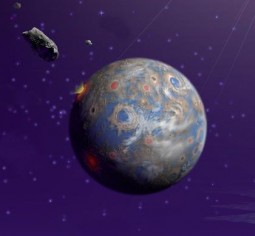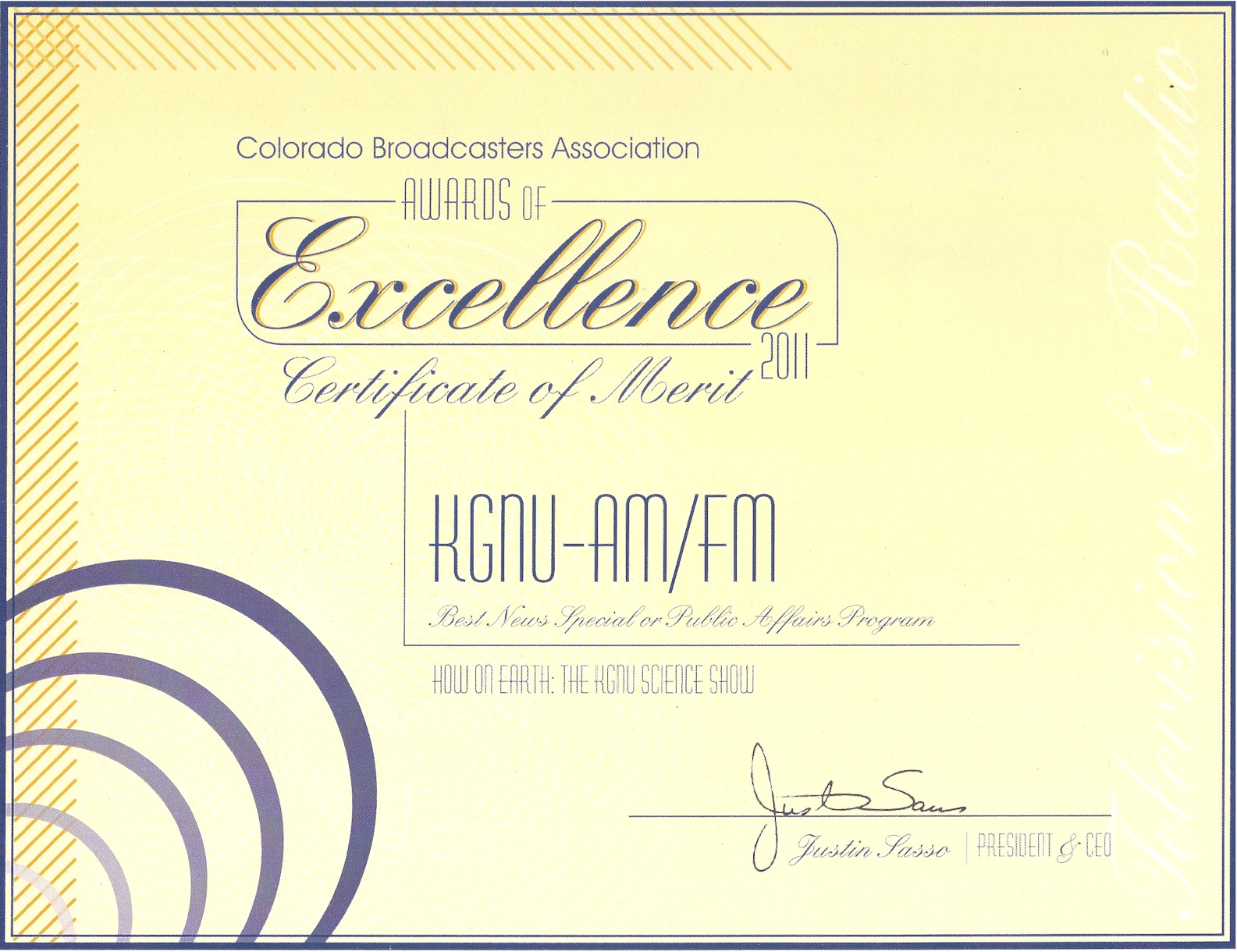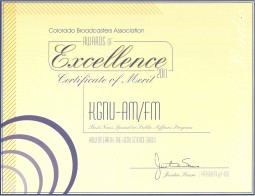
- WWVB Ft. Collins (© 2013 Jim Pullen)
The World Listening Project celebrated its 40 anniversary on Thursday, July 18th. On Thursday, How On Earth’s Jim Pullen was in Ft. Collins recording audio for an upcoming story on the National Institute of Standards and Technology radio station WWVB. To celebrate the World Listening Project, World Listening Day, and the field of acoustic ecology, he took a few minutes to record a thunderstorm that was causing some havoc at the station. Take some time to listen quietly to the sounds in your life!
(Recorded using linear pulse-code modulation at a sample rate of 96 kHz and resolution of 24 bits per sample with a Marantz PMD 661 recorder specially fitted with low-noise preamplifiers by Oade Brothers and an Audio-Technica BP4025 x/y stereo field recording microphone. The audio file posted here is a 192 kbps mp3.)
Producer: Jim Pullen
Listen to the storm:
Podcast: Play in new window | Download (Duration: 10:27 — 14.4MB)
Subscribe: RSS






![Pesticides, Bees and Niwot Honey Farm’s Tom Theobald [extended version]](https://howonearthradio.org/wp-content/uploads/2012/03/Beekeeper-Tom-Theobald.jpg)


